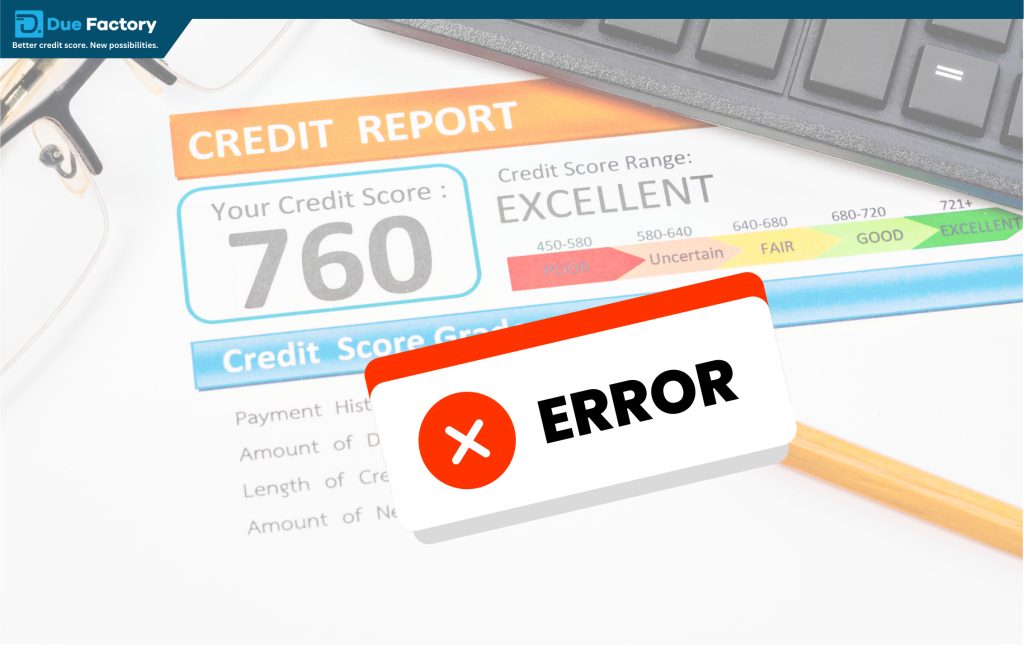
Your credit report is like a financial report card. It’s what lenders, landlords, and even some employers use to decide if they can trust you to pay your bills, handle responsibilities, or manage new opportunities. But what if your report isn’t telling the truth about you?
Credit report errors are more common than people think. A small mistake, like an incorrect balance or a payment marked late when it wasn’t, can lower your credit score and make life harder than it needs to be.
If you’re working toward debt relief or rebuilding your finances, fixing these errors is a key step. You don’t want an old mistake holding you back from reaching your goals. Let’s break down what you need to know to clean up your credit report and protect your financial future.
Check Your Credit Reports Regularly
Many people assume their credit reports are accurate. But the truth is, errors happen all the time. You might find duplicate accounts, payments incorrectly reported as missed, or even accounts that don’t belong to you at all.
Start by getting your credit reports from the three major credit bureaus: Experian, Equifax, and TransUnion. You can get a free report from each of them once a year at AnnualCreditReport.com. Some people check all three at once, while others spread them out over the year to keep an eye on changes.
When you get your reports, read them carefully. Check each section, including your personal information, account details, and any public records or collection accounts.
Identify the Errors
Look out for these common mistakes:
- Incorrect personal information, like your name, address, or Social Security number
- Accounts that don’t belong to you
- Duplicate accounts
- Incorrect balances or credit limits
- Wrong payment statuses, such as a payment reported late that you paid on time
Write down every error you find. Having a list will make the next steps easier and help you stay organized.
Gather Your Proof
Once you find errors, you’ll need proof to support your claims. This could be payment confirmations, bank statements, account statements, or letters from your lender showing your actual balance or payment history.
The stronger your evidence, the more likely the credit bureau will fix the error quickly.
Dispute the Errors
You can file a dispute with each credit bureau online, by mail, or by phone. Many people choose to do it online because it’s faster and easier to track.
When you file your dispute, include:
- A clear description of the error
- Copies of your proof (never send originals)
- Your contact information
- A copy of your credit report with the errors highlighted
The credit bureau usually has 30 days to investigate and respond to your dispute. They will contact the lender that reported the information and ask them to verify it.
Follow Up and Stay Organized
During the dispute process, keep copies of everything you send and notes of any phone calls you make. If the credit bureau needs more information, respond quickly to keep the process moving.
Once the investigation is complete, you’ll receive the results in writing. If your dispute is successful, the credit bureau will update your credit report and send you a new copy.
Check Your Credit Again
After your dispute is resolved, check your credit reports again to make sure the errors were actually fixed. Mistakes can sometimes linger even after a dispute, so it’s important to confirm the changes were made.
If the error wasn’t fixed and you still believe you’re right, you can ask the credit bureau to include a statement of dispute on your report. You can also consider contacting the lender directly or even filing a complaint with the Consumer Financial Protection Bureau (CFPB).
Stay on Top of It
Fixing credit report errors isn’t a one-time job. Checking your credit regularly helps you catch future mistakes before they hurt your score.
If you’re working on debt relief, keeping your credit accurate is a powerful way to rebuild your financial reputation and make progress faster.
Final Thoughts
Your credit report should be an honest reflection of your financial life, not a list of errors that keep you from reaching your goals. By checking your reports, identifying mistakes, and following through with disputes, you take control of your financial story.
Fixing credit report errors might feel like a hassle, but it’s worth it. A clean, accurate report can help you qualify for better loan rates, rent the apartment you want, or even land a job. Most importantly, it gives you confidence that your hard work toward debt relief and other goals is being accurately recognized.
Take a little time today to start reviewing your credit reports. You might be surprised by what you find — and relieved once you’ve set things right. Your future self will thank you for taking charge now.
